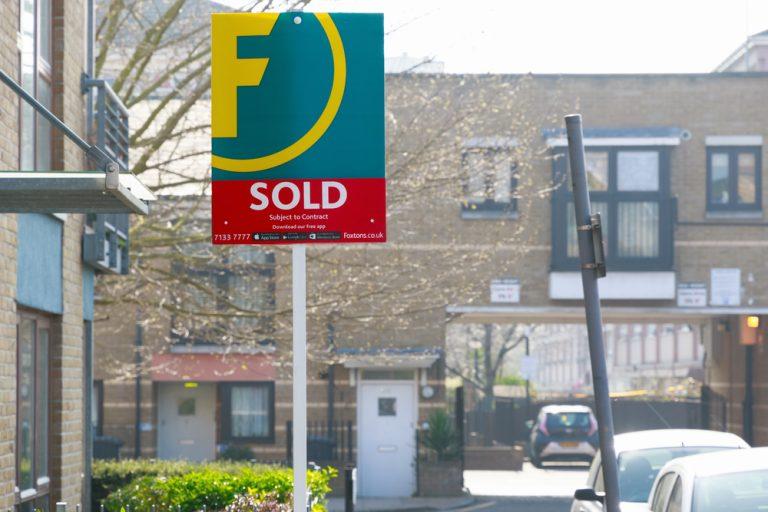Share buying has pushed up the share price of online building products retailer CMO Group (LON: CMO), which is asking for shareholder approval to leave AIM. The share price recovered 103.4% to 3p.
Weiss Korea Opportunity Fund (LON: WKOF) reported an NAV of 145.14p/share on 11 March. There have been two sells today and no buys, but the share price improved 6.06% to 140p.
Identity management software provider Intercede Group (LON: IGP) has won multi-year contracts worth $1.37m. This includes three enhanced orders with US clients. The other is with a government in Asia Pacific. Cavendish upgraded its 2024-25 pre-tax profit forecast from £3.9m to £4m. The share price rose 4.71% to 144.5p.
Clean Power Hydrogen (LON: CPH2) says that the Level 2 site acceptance test for the MFE110 electrolyser at a Northern Ireland Water site in Belfast. This took one month and verifies the effectiveness of the electrolyser. The Level 3 should be completed by May. This will be the first large-scale membrane free electrolyser in place creating hydrogen and oxygen. The share price increased 4.69% to 6.7p.
IG Design Group (LON: IGR) has completed the sale of its former distribution centre for $8.4m and a gain on book value of $4.9m after costs. The share price rebounded 3.45% to 60p.
FALLERS
Kingswood Holdings (LON: KWG) has received a bid offer of 7p/share from HSQ Investments, which already owns 68.4% of the wealth management firm and it is in talks to buy the 21% stake of KPI (Nominees). There is a lack of liquidity in the shares. Kingswood’s growth HSQ has also provided additional loans to Kingswood in the past year, taking gross debt to £90.7m. The Kingswood independent directors “would be minded to recommend” the potential offer. The share price slipped 17.7% to 7p.
Shares in cash shell Rosebank Industries (LON: ROSE) returned from suspension after it ended discussions with Cerberus Capital about the potential acquisition of critical electrical distribution systems supplier Electrical Components International Inc (ECI). Rosebank Industries says that there was support for the deal from existing and potential new shareholders it has decided not to go ahead with the deal because of stockmarket volatility. The share price declined 13.5% to 622.5p.
Drug discovery company MaxCyte (LON: MXCT) reported 2024 results that were in line with expectations with revenues 6% lower at $38.6m. The underlying loss was $41.1m. Net cash was $190.3m and that will last for years based on expected losses, so there should not be any worries about funding. The share price dipped 3.4% to 256p.











